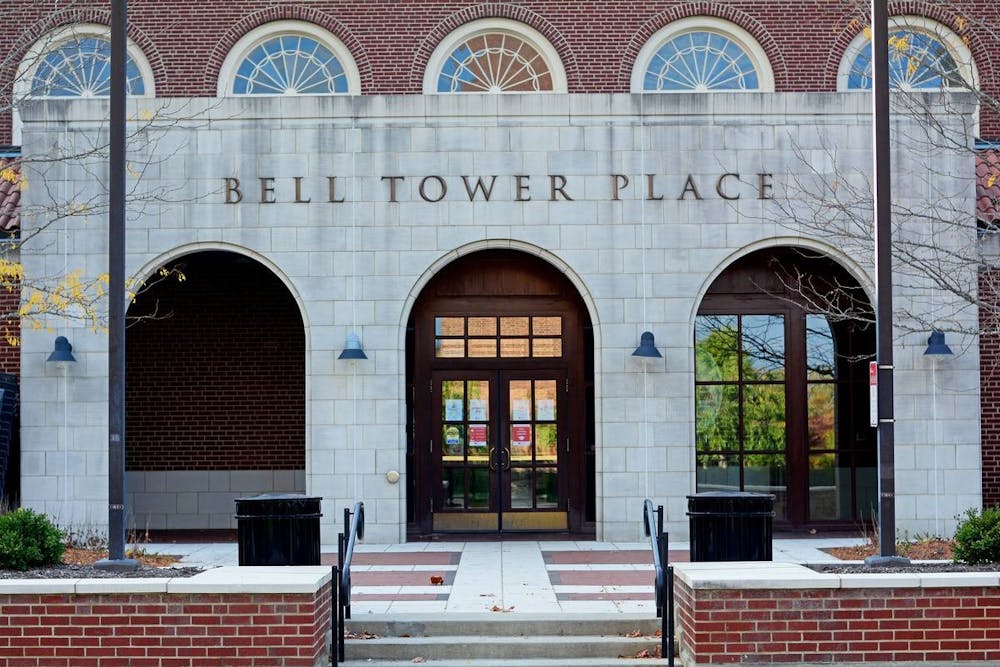The Office of Residence Life (ORL) at Miami University recently announced that Bell Tower Commons will be closed to all students not under the university’s remain-in-room (RIR) advisory, and Western Dining Commons will be closed to non-RIR students on the weekends.
Initially, RIR students were advised to limit their interactions outside the residence halls and had meals delivered to their hall by Dining Services. Now, RIR students will no longer receive meals delivered to their hall and instead are permitted to pick up food to-go at Bell on weekdays and Western on weekends.
The changes went into effect on Friday, Oct. 9.
This announcement comes just a week after the university implemented its color code system to track COVID-19 cases in residence halls. At the time of publication, 18% of all residence hall floors at Miami were under RIR advisories.
Ryan Rosu, a first-year English literature, philosophy and film studies triple major, lives in Brandon Hall and has been under RIR for a week. During those seven days, Rosu said he and his roommate filled out a form to get food delivered to their room by the university.
The first day, Rosu and his roommate received their food, but Rosu’s was not accommodating to his vegetarian diet. His second meal didn’t have any meat, but his third meal simply never arrived. Other days, his meals were correct, but his roommate’s meals didn’t come.
“I don’t think there’s been a single day since Saturday where both of us got meals and everything [was right],” Rosu said.
Due to the issues with receiving his food, Rosu frequently had to turn to ordering delivery from nearby restaurants.
“It’s a little annoying because what would cost $12 costs like $18 because of all the delivery fees,” Rosu said.
Rosu is glad to be able to get out of his room but said he’s apprehensive for the change because of the increased chance of contact with those not in RIR.
“I don’t know if I’m more concerned with the RIR people going out and interacting with each other,” Rosu said, “or if I’m concerned with them interacting with non-RIR people who might be contagious, and they’re not in isolation at all.”
Not only is he worried about the health of the general student population, but Rosu fears for the dining hall workers’ health as well.
Enjoy what you're reading?
Signup for our newsletter
Junior political science major and Bell employee Hannah Prentiss said she and her fellow workers were left in the dark about this decision.
“Everything is so last minute,” Prentiss said, “and you have to be on your feet all the time, just waiting for them to make another change. Which I understand, but I was shocked.”
Prentiss said that although there are safety precautions in place, such as face shields and line markers on the floor, she’s facing a dilemma between her employment and her health.
“I don’t really feel comfortable being exposed like that,” Prentiss said, “but at the same time, I need money, so I have to continue working there.”
Many of the workers at the dining hall are older people, Prentiss said, and she worries about their health. Because they are full-time workers, she said, the decision to leave isn’t realistically one they can make.
“They’re all gonna stay there, they need money,” Prentiss said. “Like this is their job, but I feel bad for them.”




